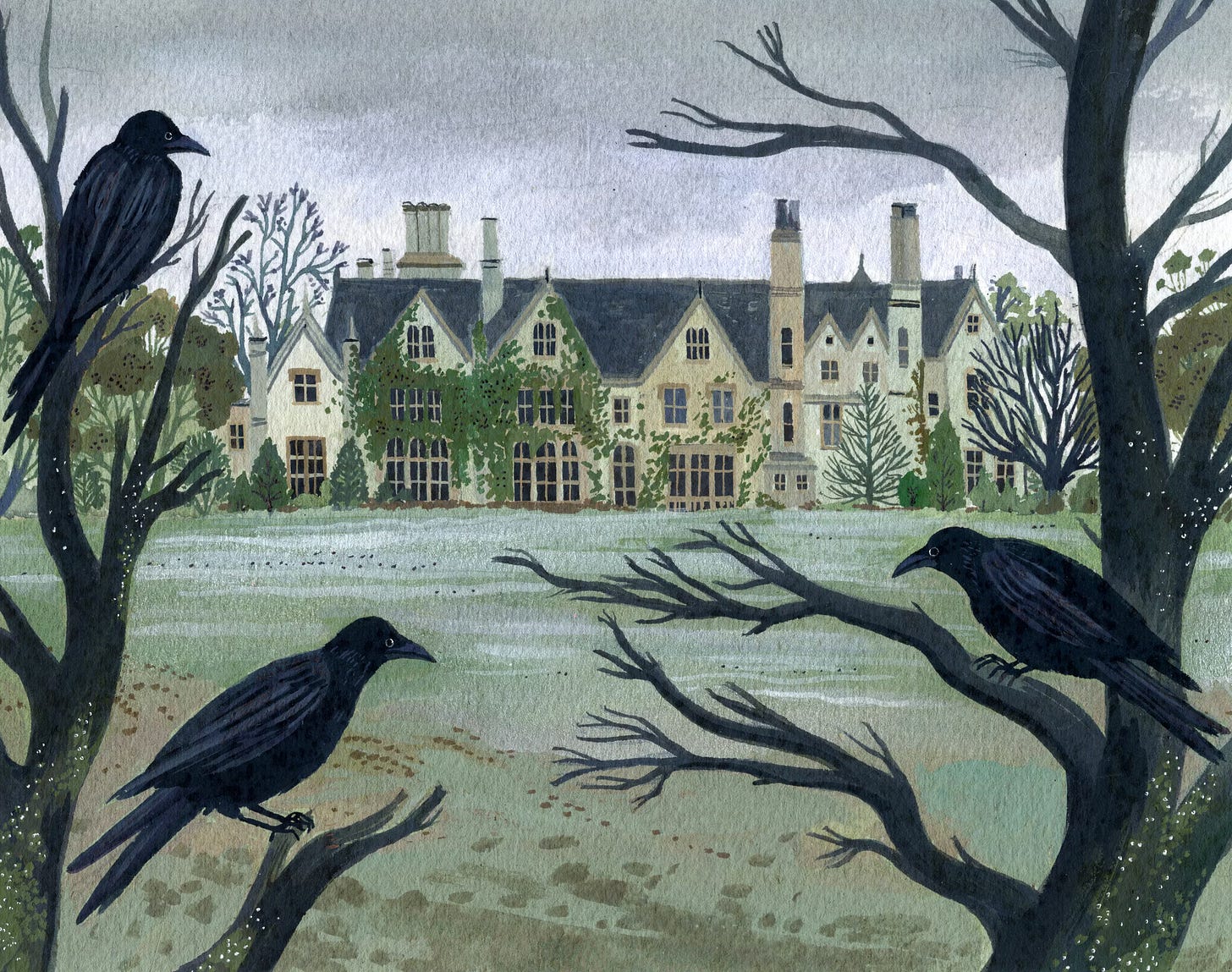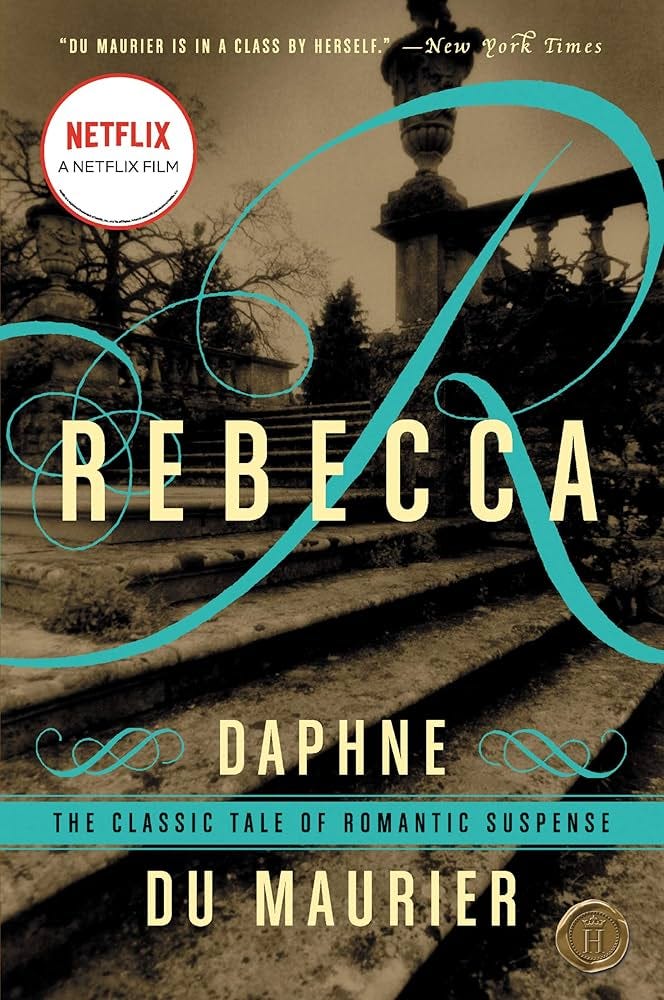3 Reasons to Read "Rebecca" This Fall
Plus, details for signing up

This newsletter is for both free and paid subscribers.
Few novels capture the spirit of autumn like Daphne du Maurier’s Rebecca. Its gothic mood, shadowy halls, and fog-laden English coast make it an ideal companion for shorter days and lengthening nights.
First published in 1938, the novel was an instant sensation, selling millions of copies and cementing du Maurier’s reputation as one of the great storytellers of the 20th century. Just two years later, Alfred Hitchcock adapted it into a film that won the Academy Award for Best Picture in 1940 — the only Hitchcock film to do so. Nearly a century on, Rebecca has never gone out of print, a testament to its enduring appeal and its place in the literary canon.
Here are three reasons to read (or re-read) Rebecca this fall.
1. Rebecca Is a Masterclass in Atmosphere
From the famous opening sequence to the oppressive halls of the Manderley estate, Rebecca is one of the great studies in mood and setting. Du Maurier doesn’t just describe a place — she makes you feel its chill, its grandeur, and its menace. The wild, untamed coast becomes a character in its own right, shaping the emotions and decisions of those who live within its reach.
Readers often say they can “see” the house and gardens as if they were real, which is why Rebecca has defined the gothic atmosphere for generations — following in the spirit originally blazed by Charlotte Bronte’s Jane Eyre. If you want to experience how a novel can create a living, breathing world, this is as good as it gets.
2. Rebecca Features a Heroine Who Finds Her Voice
Also like Jane Eyre, our (unnamed) narrator begins as timid, uncertain, and overshadowed by nearly everyone around her. Her sense of inadequacy at the beginning is visceral and heartbreaking. Yet over the course of the novel, she gradually grows into someone who can stand her ground, make choices, and claim her own life. That arc of transformation makes her one of literature’s most compelling figures. Watching her emerge from the shadows and discover her own strength gives the novel a depth that lasts well beyond its final page.
3. Rebecca Shows Us That Memory Is a Powerful Character
If there’s one force more powerful than Manderley’s walls, it’s memory. The characters are trapped not just by the past, but by how they remember it — idealized, distorted, or weaponized. Memory is slippery throughout the story, and that uncertainty keeps both the narrator and the reader perpetually off balance — we’re continually questioning what’s true. In this way, du Maurier shows how memory itself can become a character in a story — in our story — capable of shaping the present and haunting the living long after the dead are gone.
Subscribe Today!
When you subscribe for just $5/month (or $50/year), you’ll get the following:
Weekly recaps with background, contextual material, and highlights from that week’s chapters
Access to our robust weekly discussions, where you’ll get invaluable insights from other readers
The accountability that you sometimes need to read an all-time classic book
Reading Schedule
I’ll send the reading schedule early next week and we’ll start in on Rebecca sometime in that first week of October. It should take us four to five weeks.
Questions? Comments? Shoot me a note. Can’t wait to start reading!
-Jeremy



Rebecca was on my list to read soon. Sounds like it would be fun to read it with you!
I am looking forward to re-reading Rebecca. I read it a long time ago. It will be good to share all our perspectives within the group.